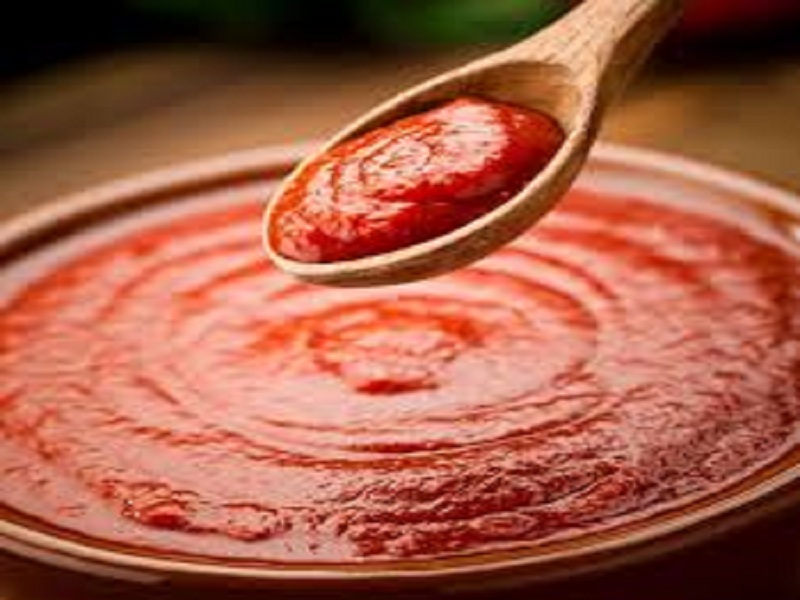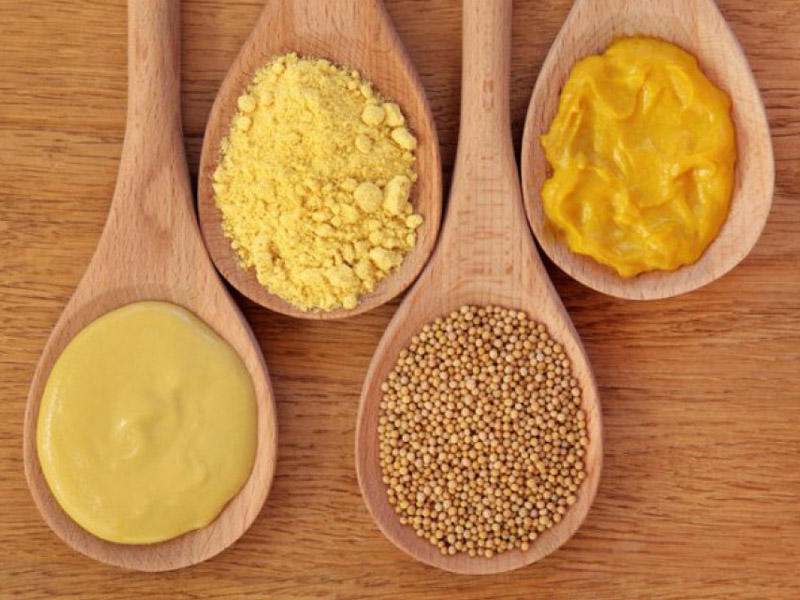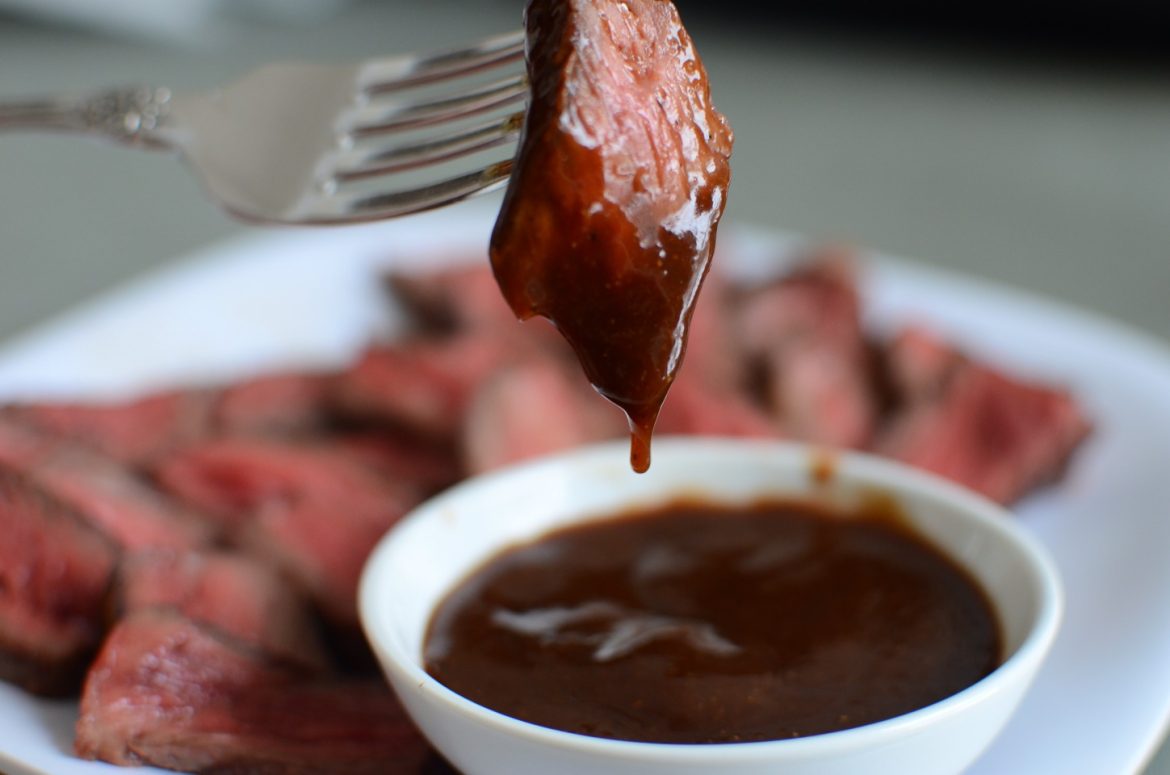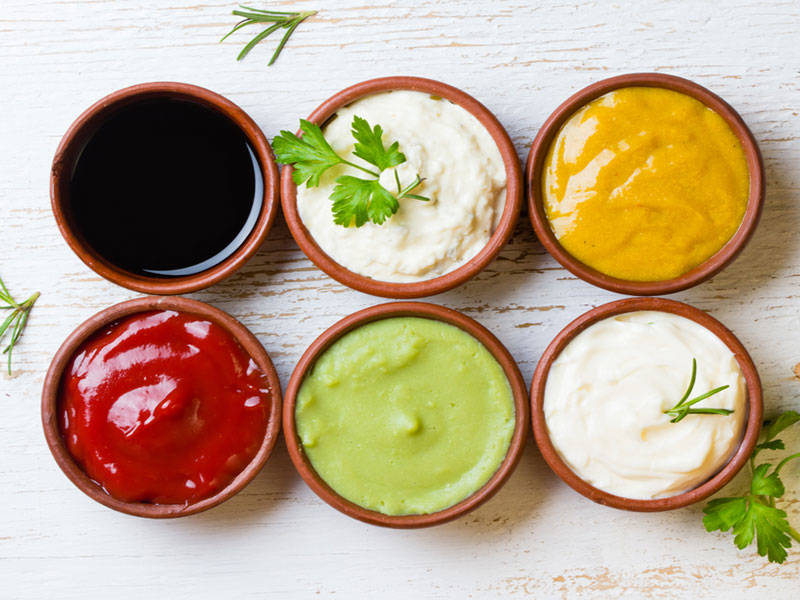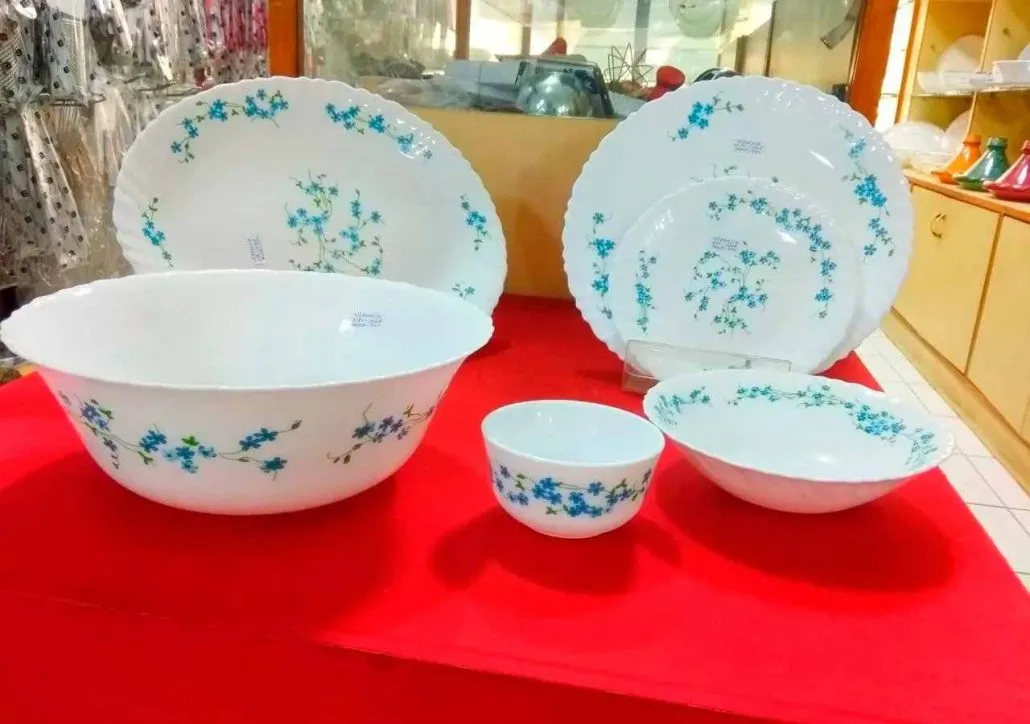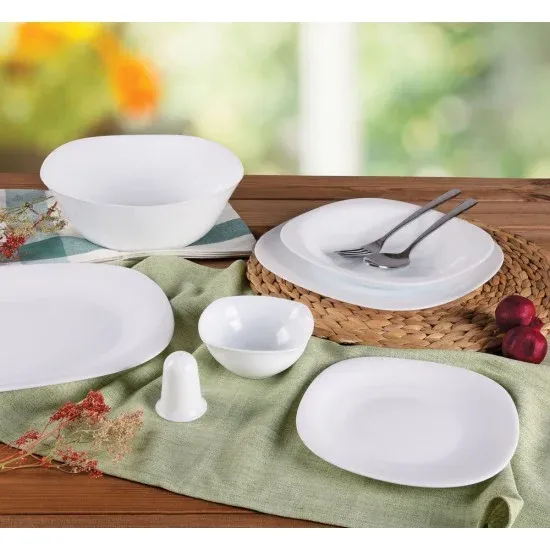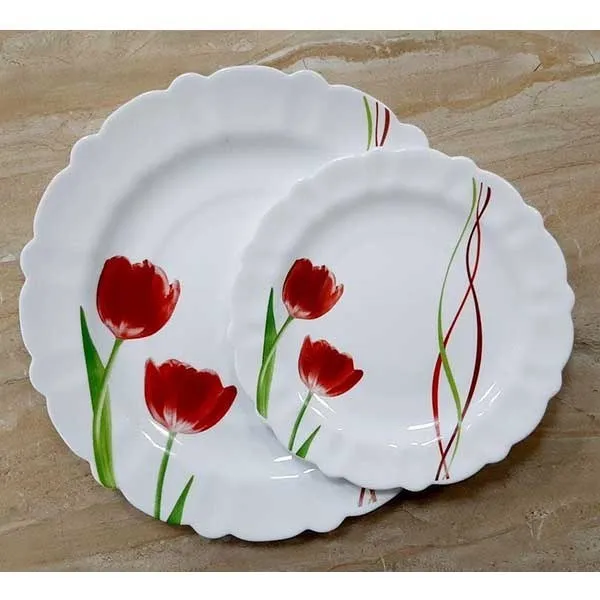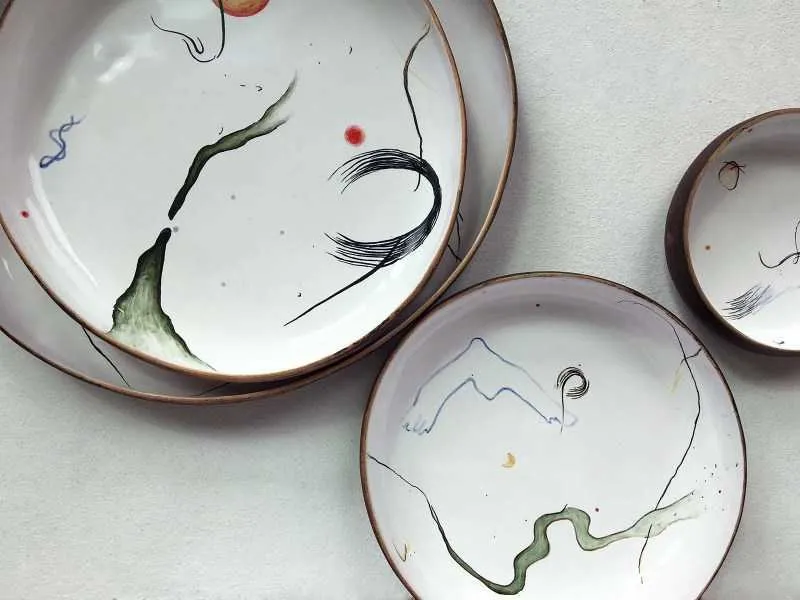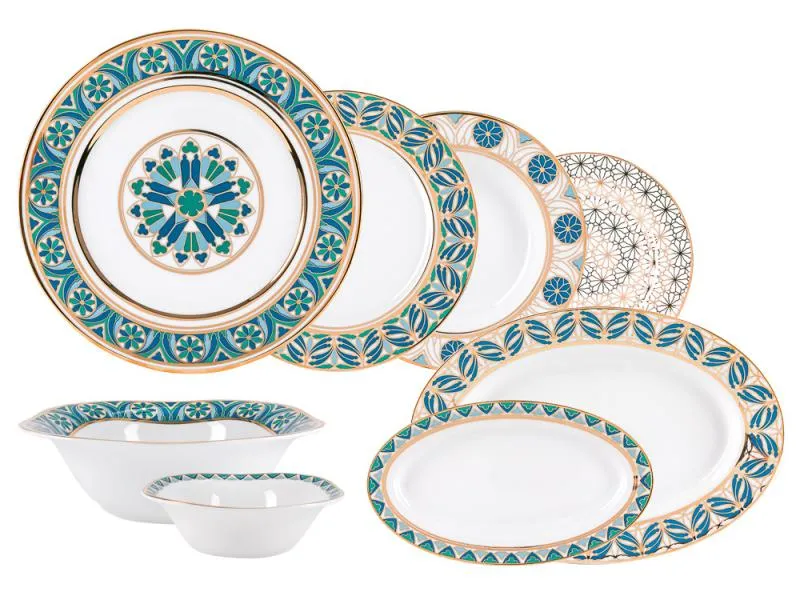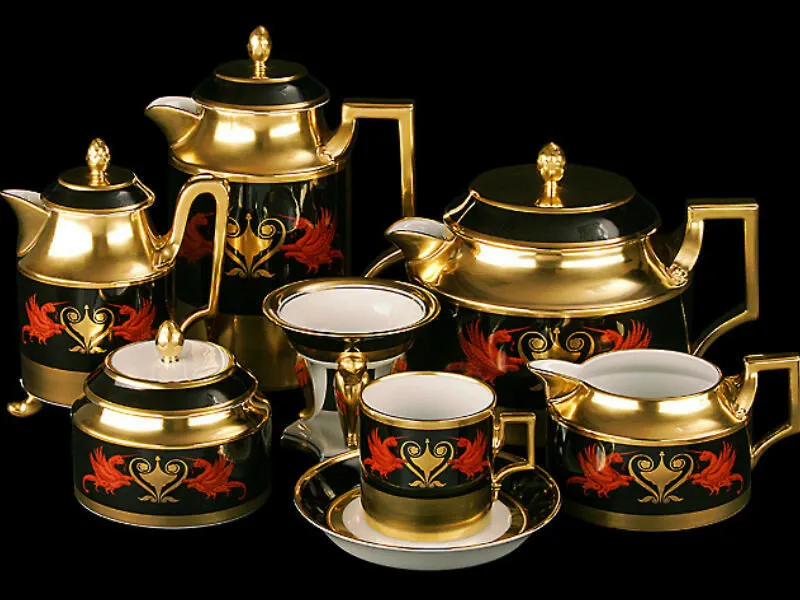Which One Should You Choose?
When it comes to selecting cookware for your kitchen, there are numerous options available in the market. Two popular choices that often come up are ceramic and porcelain cookware. Both these materials have their own unique properties and benefits, which can make the decision-making process confusing. In this article, we’ll discuss ceramic vs porcelain cookware, looking at their pros and cons, as well as other factors to consider when making your purchase.
Discuss Ceramic vs Porcelain Cookware
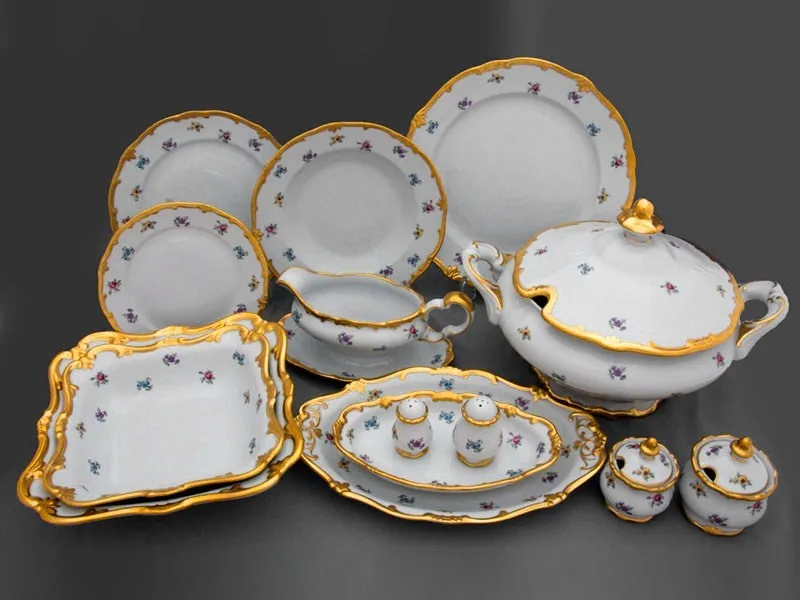
Ceramic cookware is made from clay and other natural materials that are kiln-fired, resulting in a hard and durable finish. It is known for its excellent heat distribution and retention properties, ensuring even cooking. Ceramic cookware also has a nonstick surface, which means that you can cook with minimal oil or butter, making it a healthier option.
Porcelain cookware, on the other hand, is made from a special type of ceramic that is coated with a layer of glass-like material called porcelain enamel. The porcelain enamel provides a smooth and glossy finish to the cookware, making it not only aesthetically pleasing but also resistant to scratches, stains, and chipping. Porcelain cookware is also known for its ability to distribute heat evenly and retain it for longer periods.
Buying Ceramic vs Porcelain Cookware
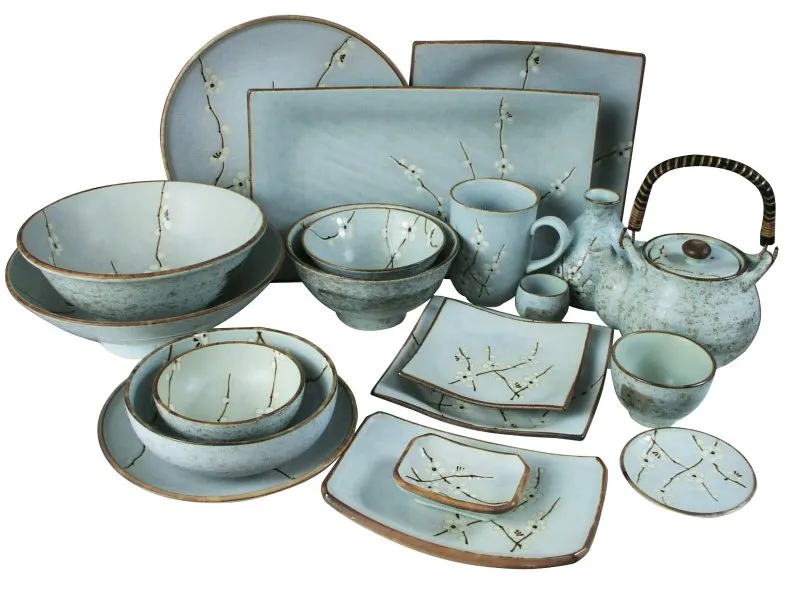
When it comes to buying ceramic vs porcelain cookware, there are several factors to consider. One of the most important factors is the type of cooking you do and your preferences in the kitchen.
Ceramic cookware is often praised for its nonstick properties, which make it easier to clean and require less oil for cooking. It is also generally cheaper than porcelain cookware, making it an attractive option for budget-conscious buyers. However, ceramic cookware is more prone to scratching and chipping, so it may not be the most durable option in the long run.
Porcelain cookware, on the other hand, is more durable than ceramic cookware due to its porcelain enamel coating. It is also more resistant to scratches, stains, and chipping, making it a great investment for those who want their cookware to last for years. Porcelain cookware is often considered more elegant and visually appealing, thanks to its glossy finish. However, it is generally more expensive than ceramic cookware.
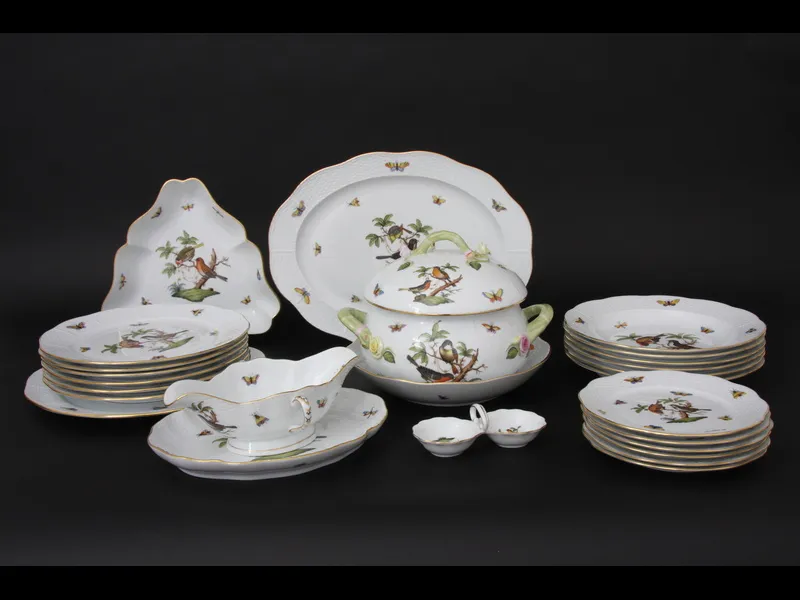
If you frequently cook at high heat or use metal utensils, porcelain cookware might be a better choice for you. Its enamel coating provides an added layer of protection against heat and utensil marks. However, if you prefer a nonstick surface and are looking for a more affordable option, ceramic cookware could be the way to go.
Price of Ceramic vs Porcelain Cookware
In terms of price, ceramic cookware is generally more affordable than porcelain cookware. The cost of ceramic cookware varies depending on the brand, size, and quality, but it is generally less expensive compared to porcelain cookware of similar quality.
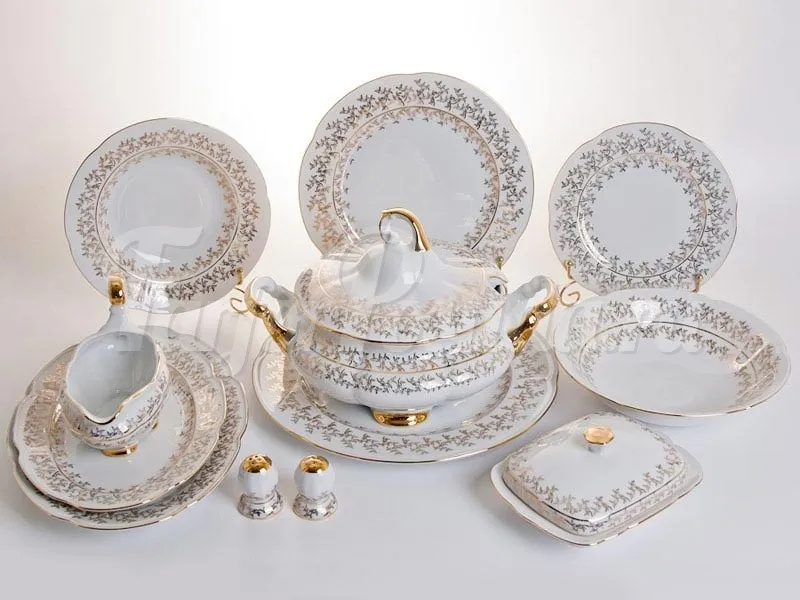
Porcelain cookware, due to its porcelain enamel coating and overall durability, tends to be more expensive. The price can also vary depending on the brand, size, and design. However, investing in porcelain cookware can be seen as a long-term investment, as it is likely to last longer and withstand regular use without showing signs of wear and tear.
Ultimately, the price of ceramic vs porcelain cookware should be considered in relation to your cooking needs, budget, and longevity expectations from the cookware. If you are an occasional cook or have a limited budget, ceramic cookware might be the more sensible option. However, if you are a serious cook and are looking for cookware that will last for years, investing in porcelain cookware could be the better choice.
In conclusion, both ceramic and porcelain cookware have their own set of advantages and disadvantages. It ultimately comes down to personal preference and specific cooking needs. Ceramic cookware is known for its nonstick properties and affordability, while porcelain cookware offers superior durability and a more elegant appearance. Consider factors such as cooking style, budget, and longevity expectations before making a decision. Whichever option you choose, both ceramic and porcelain cookware can enhance your culinary experiences and make cooking in the kitchen a delight.
